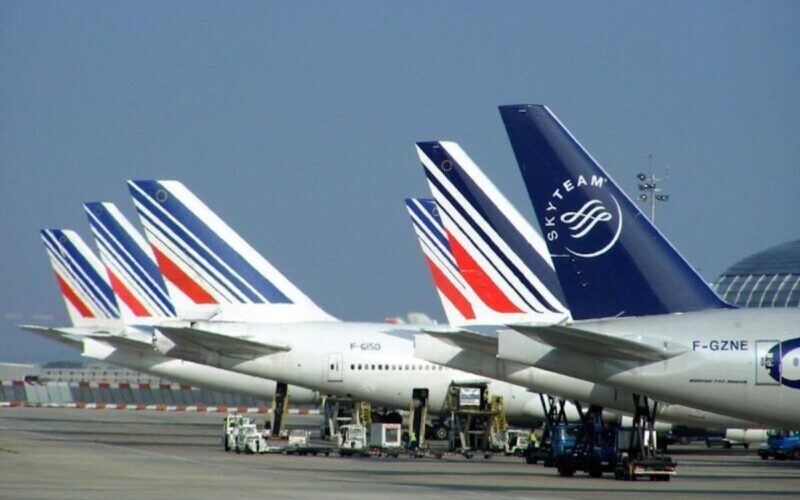France’s Proposal to Ban Low-Cost Fares in Aviation: Environmental Impact and Debates

France, known for its stringent environmental policies, is taking a step further in its efforts to reduce the aviation industry’s impact on the environment. Having already banned domestic flights of less than 2.5 hours when alternative train or bus options are available, the country is now considering a bold move – banning low-cost fares for all flights to, from, and within the European Union.
The French transport minister, Clément Beaune, recently voiced his concerns in an interview with L’Obs magazine, emphasizing that tickets priced as low as €10 are no longer acceptable in a time of what he referred to as an “environmental crisis.” According to Beaune, such fares do not accurately reflect the true environmental cost of flying.
Beaune’s proposal includes advocating for the introduction of a minimum price for airline tickets within the EU. The aim is to combat what he terms “social and environmental dumping” and create a level playing field for all airlines. Additionally, he suggests raising aviation taxes, particularly for private jets, which have a higher carbon footprint per passenger.
This proposal has ignited a heated debate involving environmentalists, consumers, and the aviation industry. Some environmental groups support the idea, believing that it would discourage unnecessary air travel and reduce greenhouse gas emissions. Aviation currently accounts for approximately 3% of global emissions. They argue that low-cost fares fail to account for external costs such as pollution, noise, and congestion, which have adverse effects on both society and the environment.
However, criticism of the proposal has come from consumer groups and airlines. They argue that it would limit travel options and affordability for millions of people, particularly those with lower incomes. Critics also contend that banning low-cost fares may not necessarily reduce emissions and could result in more empty seats on planes or a shift in demand to other modes of transportation that are not inherently more eco-friendly. They highlight that low-cost airlines have made investments in newer, fuel-efficient aircraft and implemented measures to offset their emissions.
The proposal is expected to face opposition from various EU countries, especially those with significant low-cost carriers such as Ireland, Spain, and Hungary. The EU’s ability to implement common rules on aviation taxation and regulation is constrained by the requirement of unanimous agreement among its 27 member states. Nevertheless, the EU has demonstrated support for green initiatives in aviation, including the incorporation of flights into its carbon trading scheme and the promotion of sustainable fuels and technologies.
As France seeks to lead the way in environmental consciousness within the aviation sector, the debate over whether banning low-cost fares is the right approach rages on. The outcome will not only affect the travel options available to consumers but also play a role in determining the industry’s future environmental footprint.
Sources: AirGuide Business airguide.info, msn.com, forbes.com, economictimes.com
